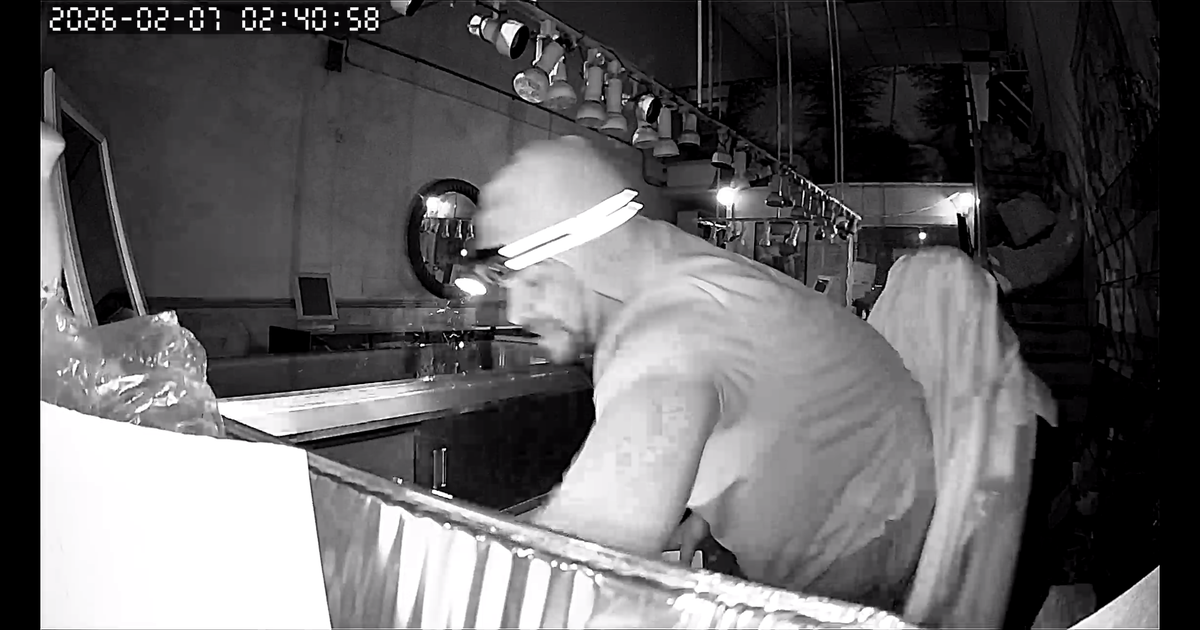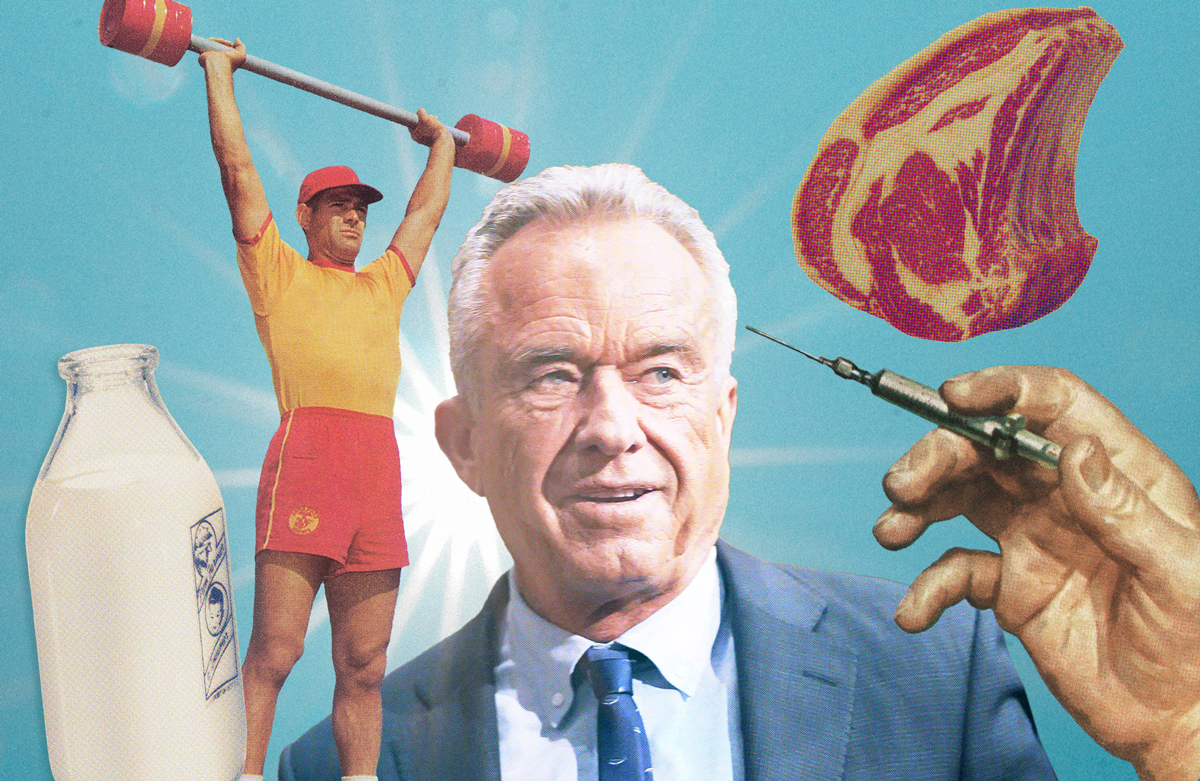Could your pharmacy replace your doctor?
If CVS Health (CVS) President and CEO Larry J. Merlo is to be believed, the proposed $69 billion merger with the country's third-largest health insurer, Aetna (AET), will "create a new front door to health care in our country." With more than 9,700 CVS stores and approximately 22 million people insured by Aetna, CVS is hoping the merger will help expand its growing health services business.
Already, CVS operates more than 1,100 MinuteClinics, walk-in health care centers in CVS and Target (TGT) stores. They offer routine health care such as flu shots and treatment for sinus infections or sore throats as well as more complicated services such as monitoring of diabetes and high blood pressure.
Finding access to care for minor ailments and injuries is one of the biggest challenges for consumers, said Shannon Monnat, associate professor of sociology and Lerner Chair of Public Health Promotion at Syracuse University. Difficulty finding a primary physician and long waits for office visits when you do means many patients put off treatment until a minor problem becomes major -- and more costly to treat, she explained.
The combined company could see a huge jump in the number of patients who visit its clinics if Aetna encourages the people it covers to seek care at CVS. That will help fight CVS's nearest competitor, Walgreen's (WBA), which has also entered the health care clinic business but on a much lower scale than CVS.
Although CVS's pharmacy business is growing, its sales of retail items, including everything from aspirin to yoga tights, has been hit hard as more consumers head online for routine purchases. Recent rumors of Amazon (AMZN) entering the prescription drug market reflect another potential threat.
What does Aetna get out of the deal? The insurance giant most likely will negotiate lower prices with CVS for pharmaceuticals and health care services. "If they can displace services that would otherwise take place in the hospital or ambulatory care clinics, they will take a bunch of costs out of the health care system," said Craig Johnson, president of research firm Customer Growth Partners.
"This is an opportunity for Aetna to not only grow, but really control the covered lives and population that they are insuring," said John Jones, partner and chair of health care transactions, pharmacy and supply chain practices at law firm Pepper Hamilton.
Down the line, the merged company may build on some of CVS's smaller health care businesses, such as a service that delivers more complicated pharmaceuticals and its in-home service that provides care to patients with serious illnesses.
"There's huge potential with in-home services," said Johnson. "You can provide dialysis or an infusion with a nurse or a tech that you send from one of the stores at a fraction of cost that you would have in a hospital setting," he explained.
But not everyone is convinced consumers will benefit from the deal. "Where's the doctor in all this?" asked Jones. "Should we have retail executives who may be more concerned about profit than care making decisions about treatment? That could be a concern."
And Syracuse University's Monnat worries that this trend could lead to substandard care for at-risk populations. "We have to be careful that the clinics being proposed don't just become low-quality health care dumping grounds for poor and vulnerable patients," she said. "Quality of care should be a top concern."
Still other critics, including competing pharmacies, worry that the merger will limit consumer choice, especially if Aetna restricts coverage for some patients to CVS services.
"The anticipated efficiencies CVS and Aetna tout may benefit the merged company more than the consumer," said B. Douglas Hoey, CEO of the National Community Pharmacists Association, in a statement. He said that's because consumers may be pushed to use health care resources chosen by the health plan, which may not necessarily be the choices they would make on their own.



